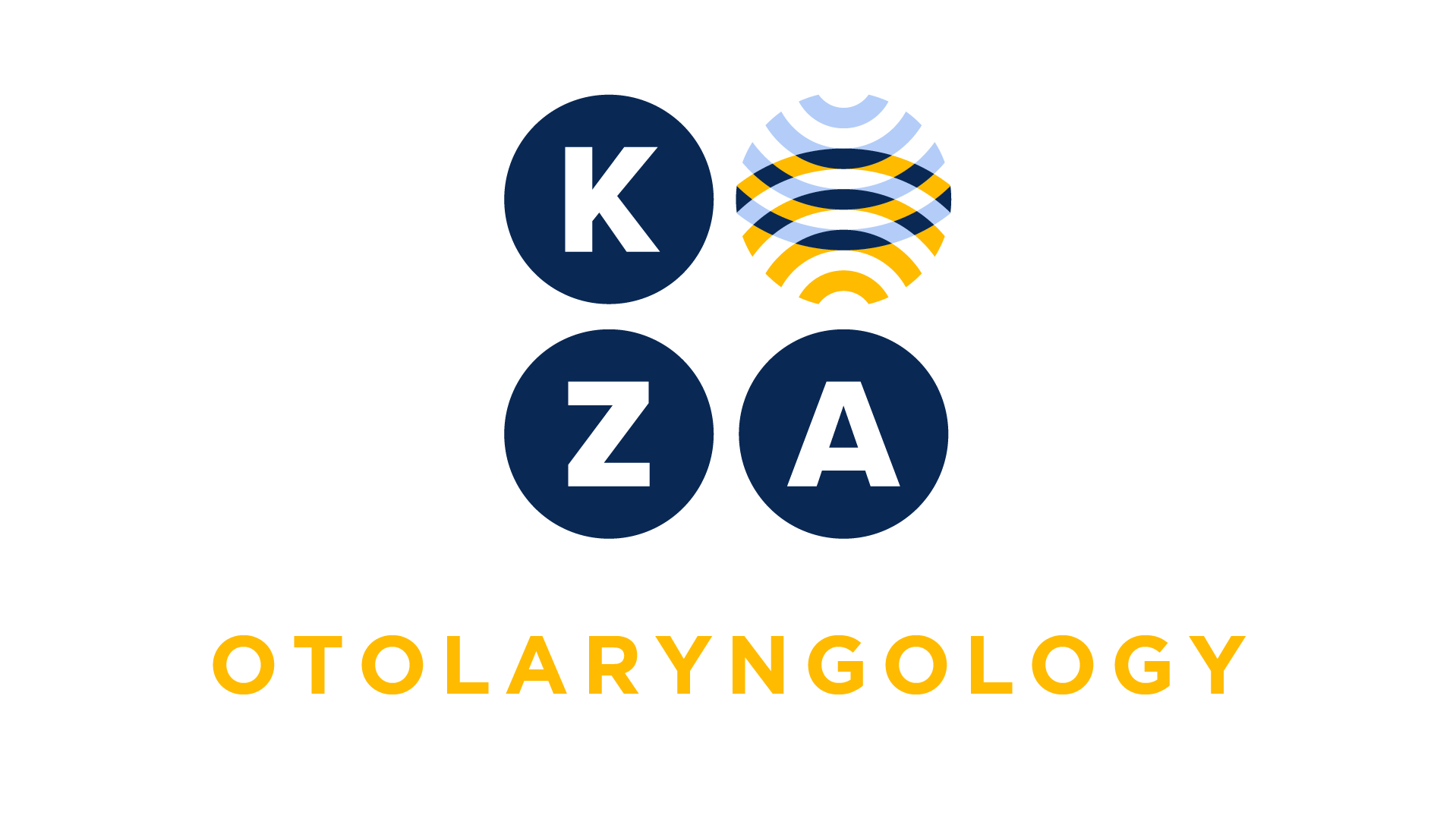
Choose your specialty from the list below to see how our experts have tackled a wide range of client questions.
Looking for something specific? Utilize our search feature by typing in a key word!
Allergy Injections and E/M on the Same Date
We routinely bill allergy an E/M service when the patient comes in for allergy shots. Is that acceptable? Sometimes we bill 99211 if the nurse gives the injection and sometimes if the PA gives the injection 99212.
Question:
We routinely bill allergy an E/M service when the patient comes in for allergy shots. Is that acceptable? Sometimes we bill 99211 if the nurse gives the injection and sometimes if the PA gives the injection 99212.
Answer:
E/M visits should not be reported with allergy injection services 95115 or 95117 unless the visit represents another separately identifiable service. In that situation, report the E/M service with modifier 25 indicating that the patient’s condition required a significant, separately identifiable visit service above and beyond the allergen immunotherapy service provided. If the only service provided is the allergy injection do not report an E/M service. Good documentation is key when reporting an E/M and allergy injections on the same date.
*This response is based on the best information available as of 04/27/23.
Allergy Treatment Coding
What CPT code do I use to report a vial test?
Question:
What CPT code do I use to report a vial test?
Answer:
There is no CPT code, nor should you charge, for a “vial test.” This is part of the vial provision code/activity (e.g., 95165) and not separately reported.
*This response is based on the best information available as of 04/13/23.
Glossectomy Coding Help
I have a question about glossectomies. When coding a glossectomy what needs to be documented? My physician just states in the operative report he performed a glossectomy. Is that enough?
Question:
I have a question about glossectomies. When coding a glossectomy what needs to be documented? My physician just states in the operative report he performed a glossectomy. Is that enough?
Answer:
The answer to your question is no. Glossectomy codes (41120-41150) require removal of a portion or all of the tongue not just the lesion. You must document what portion or how much of the tongue is removed and tongue tissue removal. If only a lesion is removed see CPT code(s) 41112-41114.
*This response is based on the best information available as of 03/30/23.
Adjacent Tissue Transfer
How should my physician document an adjacent tissue transfer? My physician documents the total in sq cm for the entire repair.
Question:
How should my physician document an adjacent tissue transfer? My physician documents the total in sq cm for the entire repair.
Answer:
The primary and secondary defect dimensions are required. The primary defect is the excision site and the secondary defect results from the flap design to perform the reconstruction. So documentation in the operative report must include:
- Primary defect-sq cm
- Secondary defect sq cm
- Primary defect sq + secondary defect sq cm=CPT code
*This response is based on the best information available as of 03/16/23.
What Does “Separate Procedure” Mean in a CPT Code Description?
What does “separate procedure” mean when it follows a CPT code description?
Question:
What does “separate procedure” mean when it follows a CPT code description?
Answer:
Per CPT:Some of the procedures or services listed in the CPT codebook that are commonly carried out as an integral component of a total service or procedure have been identified by the inclusion of the term “separate procedure.” The codes designated as “separate procedure” should not be reported in addition to the code for the total procedure or service of which it is considered an integral component.
However, when a procedure or service that is designated as a “separate procedure” is carried out independently or considered to be unrelated or distinct from other procedures, report the code in addition to other procedures/services by appending modifier 59 to the specific “separate procedure” code. This indicates that the procedure is not considered to be a component of another procedure, but is a distinct, independent procedure. This may represent a different session, different procedure or surgery, different site or organ system, separate incision/excision, separate lesion, or separate injury (or area of injury in extensive injuries).
What does this mean in practice?If a code description includes the term “separate procedure”, if that procedure is in the same anatomic area as a more comprehensive procedure (for example, lyse of adhesions followed by a colectomy) only the more comprehensive procedure, the colectomy, is reported.
*This response is based on the best information available as of 03/02/23.
Secondary Payor Doesn’t Recognize Consultations
We have a patient with 2 commercial payers (BCBS and Cigna). A consultation code was submitted to BCBS, and they paid according to our contract. However, Cigna is refusing to process the claim since they no longer pay for consult codes. Am I allowed to change the CPT code and rebill Cigna? Or would I need to change the CPT, refile to the primary as a corrected claim, then send the balance on to Cigna?
Question:
We have a patient with 2 commercial payers (BCBS and Cigna). A consultation code was submitted to BCBS, and they paid according to our contract. However, Cigna is refusing to process the claim since they no longer pay for consult codes. Am I allowed to change the CPT code and rebill Cigna? Or would I need to change the CPT, refile to the primary as a corrected claim, then send the balance on to Cigna?
Answer:
We suggest calling CIGNA and ask how they want this handled according to their policies. WithMedicareyou have two options: (1) bill the appropriate category and level of service documented (e.g., for outpatient consults [99202-99215] or inpatient consults [99221-99223]) or (2) bill the consultation code, which will result in a denial of payment from Medicare and appeal on paper explaining the situation.
*This response is based on the best information available as of 02/16/23.

